There is a passage in Milan Kundera’s novelistic essay Testaments Betrayed where he writes about the nature of history. Man walks in a fog, Kundera observes. He stumbles along a path and creates the path as he walks it. When he looks back, he can see the path, he may see the man, but he cannot see the fog. Everything looks inevitable after it has happened.
So we have the “sleepwalkers” explanation of how Europe stumbled into the first world war. We have the “inevitability” of the slide into the second. It is perhaps the greatest of all idiotic modern presumptions that so many people imagine while looking back that they would have known better or acted differently.
Which brings me to the present. Because the only thing you can do if you are going to try to tread a path well is to use what senses you have to work out what the next step might be. In the past week there have been two events, one on each side of the Atlantic, which have revealed a very interesting sense of the path we are on.
Charlie Kirk was a proud and devout Christian. When asked what he wanted his legacy to be (a question it is awful to think that a man only just through his twenties was often asked), he always said that he wanted to be remembered first and foremost for his faith. Before being an American, a Republican, an activist or a supporter of Donald Trump, it was that which he wanted to be remembered for. His faith in Christ was the rock on which everything else stood.
Since Charlie’s assassination there have been many gatherings around the world in his memory, from cities in America and Britain to as far away as South Korea. And these have so far been notable for a number of things. Unlike those in response to, say, the death of George Floyd, these gatherings have not compelled local businesses to board up their windows. They have not, so far, been despoiled by significant violence. What they have been dominated by is prayer. Indeed the memorial gatherings to Charlie have so far been defined by their Christian content more than anything else. That is a rather remarkable thing: in response to a political assassination, the people on the side of the victim have gathered to pray.
In London last weekend Tommy Robinson held a rally called “Unite the Kingdom.” There is the usual dispute over the number of people who attended, but the area around parliament was full enough to suggest that it was more than 100,000. It has been attacked in the British media as some kind of far-right, white-supremacist gathering, but was in fact marked by its racial inclusivity and peaceable nature.
In response to a political assassination, people have gathered to pray
Something that the media coverage almost completely ignored were the efforts to insert a Christian element into the proceedings. Yes, there were various anti-mass migration activists and politicians. Yes, there were musicians, including black gospel singers. But to me one of the most interesting aspects of the events on the main stage was the prominence of overtly Christian figures – including the Maori men who performed a haka with a Christian pastor. The proceedings were kicked off by a fogeyish clergyman called Bishop Ceirion Dewar from something called the Confessing Anglican Church.
I found his performance a tad bizarre. He seemed to mix up the role of public prayer with that of a wizard in Tolkien warding off the hordes of Isengard. But that is a matter of taste. And I can’t help noticing that various bishops of the actual established church were not available last Saturday. Perhaps like the bishops of Dover, Southwark and Barking, they were too busy denouncing the event to bother praying anywhere near it, or even speaking to the sort of people attending.
Still, it is noteworthy to me that two movements within a week, at the very edge of the cultural and political struggles of our time, should end up leaning so heavily into the Christian element. Especially in Britain, where the role of Christianity in public life has become no more distinct than a whistle in the midst of a hurricane.
It is perhaps inevitable. The concern that many people have about the levels of legal and illegal migration over recent decades has a great deal to do with the fact that many people arriving into the West have no desire to integrate into our traditions and a distinct desire to spread their own way of doing things. Prominent historians, including Tom Holland, have noted entirely correctly that Islam seems to have things about it which make it uniquely indigestible to the modern secularized state.
In reality it is a double whammy. The deep cultural concerns of our time are caused both by the challenges which Islam poses to a secularized society and the push that a new religion of “progressivism” has made into the space where Christianity once was. The concerns are by no means dampened by the way that elements of these two other faiths have found a way, for the time being, to march together, creating a hybrid that might be summed up as “Trans for Palestine”: a clown-car which will inevitably come off the road.
Amid this fog it is probably inevitable that people will try to return to their firmest orientations. This is what R.R. Reno, the editor of the Catholic magazine First Things, has described as “the return of the strong gods,” Though deeply moving at times and slightly comical at others, there is something significant going on here.
A sensible society and a wise Church here in England would do something to speak to these urges. But I don’t expect it. The Bishop of Barking, the Rt Revd Lynne Cullens, could be found this week claiming that Robinson’s rally showed it is time for a “refreshed, contemporary and broad-based understanding of British values.” Treading wisely and treading timidly are not always the same thing.



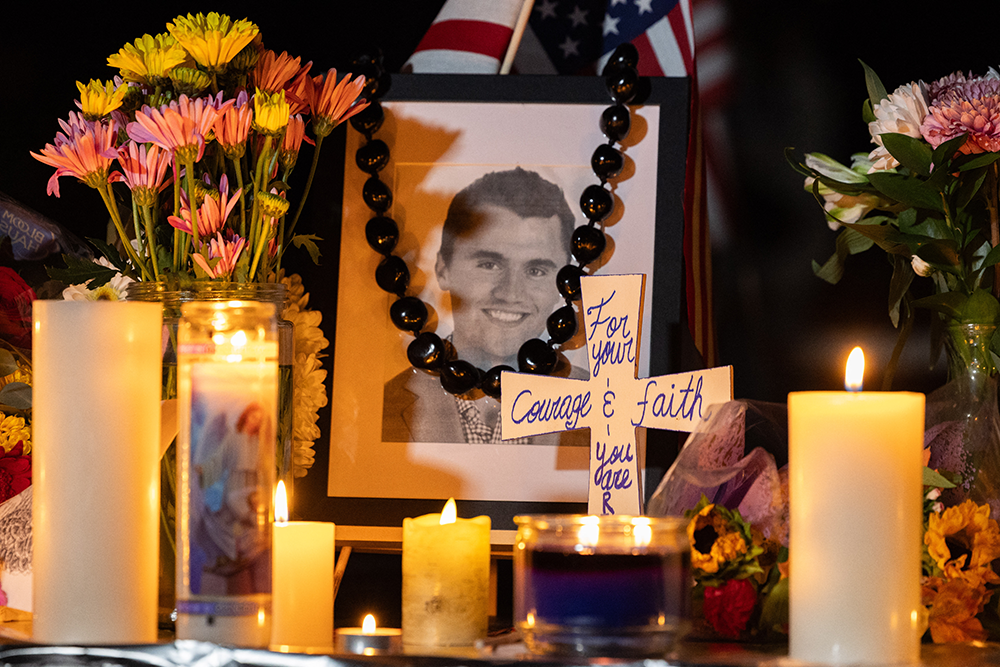






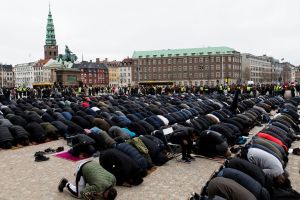
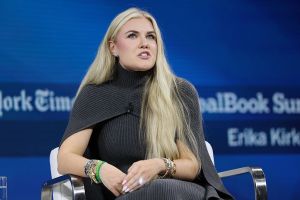
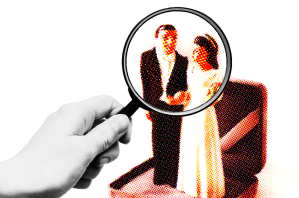


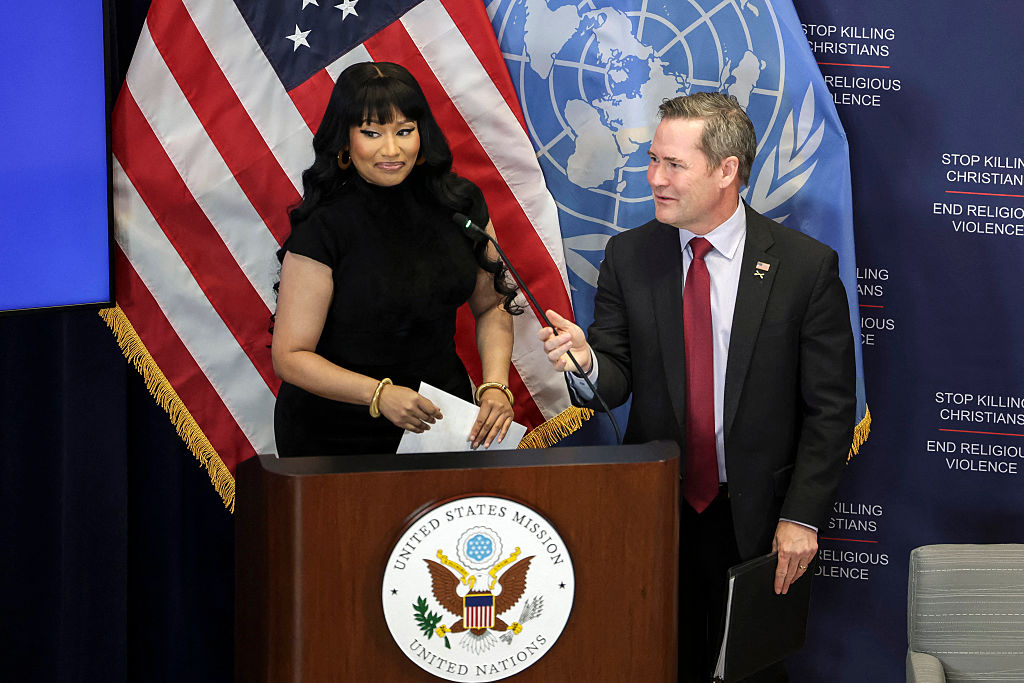
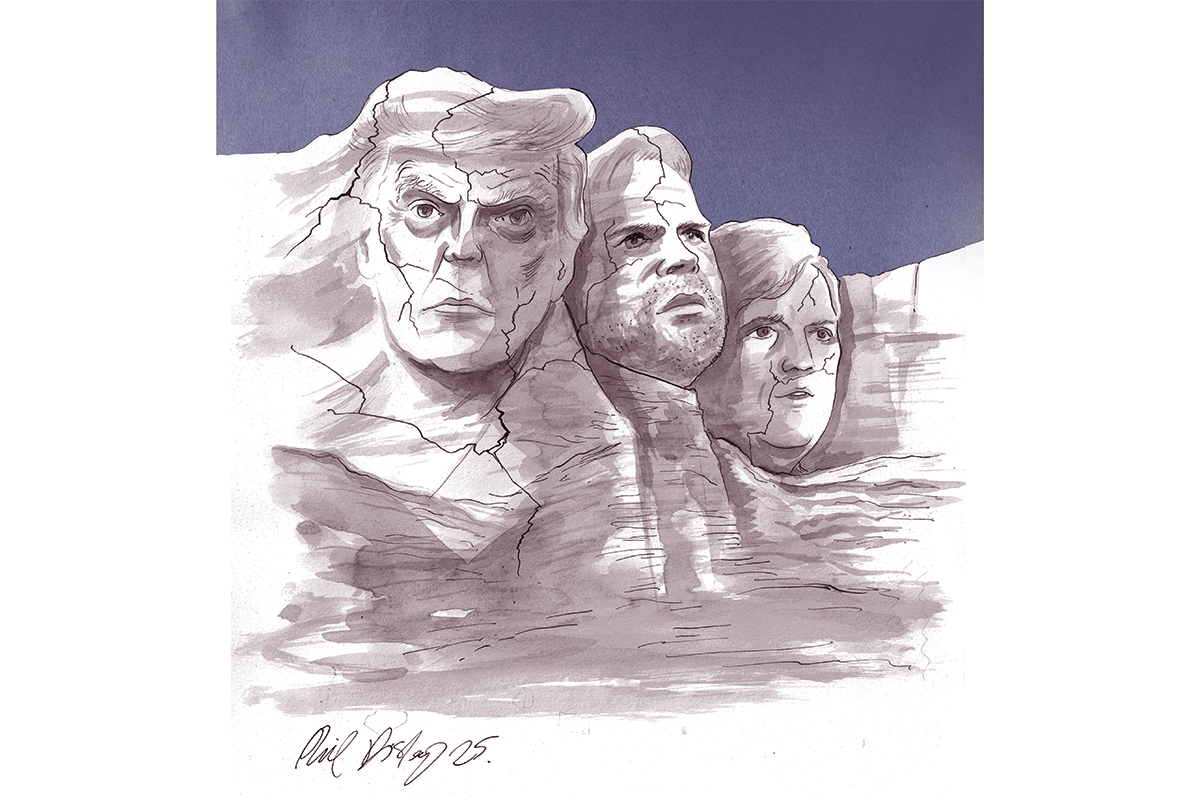
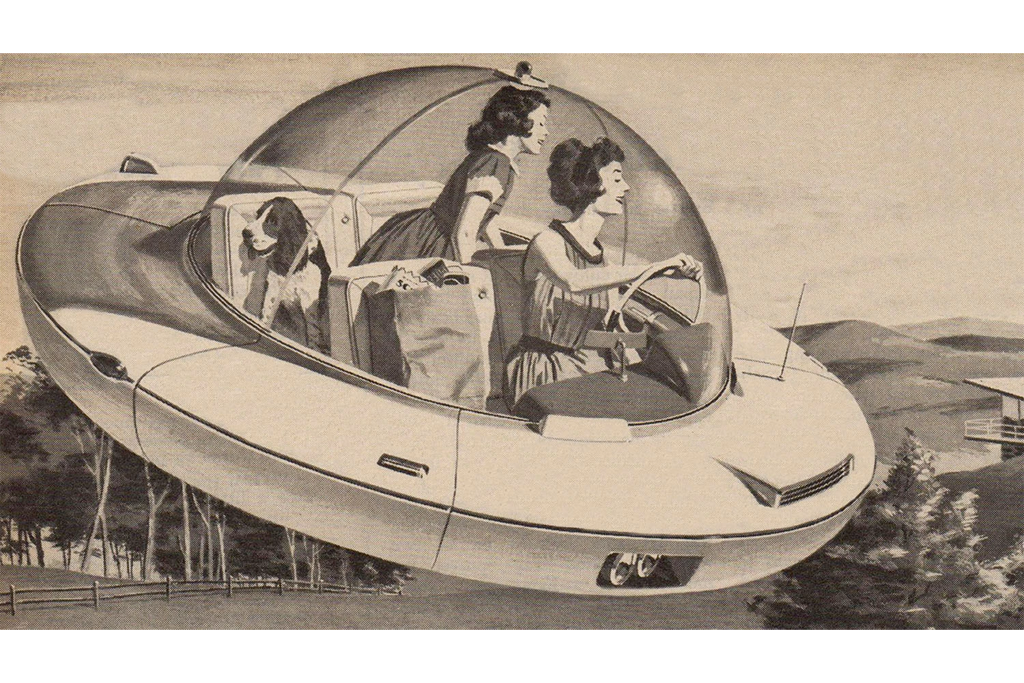








Leave a Reply